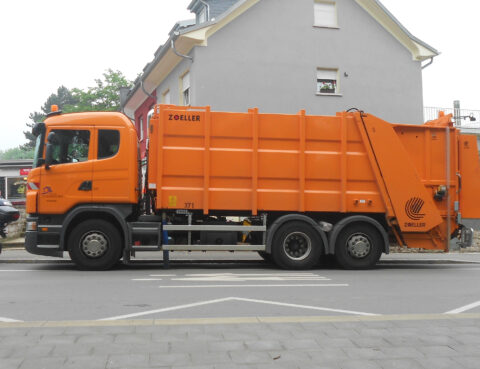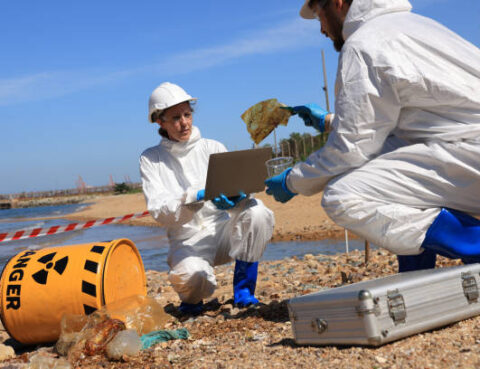
The Importance of Managing Hazardous Hospital Waste Hospitals are at the forefront of providing life-saving care, but their operations also generate waste that poses a significant risk to both human health and the environment. Hazardous hospital waste (HHW) includes materials that can cause harm if not handled with care. From used syringes to toxic chemicals,…

Waste collection vehicles are essential for efficiently managing and transporting various types of waste, including residential, commercial, industrial, medical, and biohazardous materials. These vehicles play a crucial role in maintaining public health, reducing environmental pollution, and ensuring that waste is properly sorted, transported, and disposed of in compliance with regulations. Understanding the different types of…

Importance of Waste Management in Hospital The importance of waste management in hospitals cannot be overstated. Proper waste management is essential to maintain a clean and safe environment for patients, staff, and visitors. Hospitals generate a significant amount of waste, including hazardous materials like sharps, chemicals, and infectious waste, which can pose serious health risks…

Proper handling of medical waste is crucial to safeguarding public health and protecting Florida’s natural environment. With its extensive healthcare network, Florida enforces strict regulations to ensure that medical waste is disposed of safely and responsibly. Whether you’re a healthcare provider, a business, or an individual, understanding the process of medical waste disposal Florida can…

Florida Medical Waste Services Proper handling of medical waste is essential for the safety of healthcare workers, patients, and the environment. Florida’s healthcare industry generates large volumes of medical waste daily, requiring reliable and compliant solutions. Medical waste management ensures hazardous materials are handled and disposed of properly, minimizing risks to public health and the…

Effective waste management in healthcare settings relies on color coding for biomedical waste management to ensure proper handling, segregation, and disposal. Color-coding bins and bags helps healthcare workers identify the type of waste and follow standard practices to protect both human health and the environment. The U.S. and other countries have distinct systems for biomedical…

In a hospital, waste management plays a crucial role in maintaining safety and hygiene. Each type of waste has designated bins, ensuring that infectious and non-infectious items are handled appropriately. One of the most essential bins in this system is the yellow dustbin. In this article, we’ll discuss what yellow dustbin used for in hospital…

Medical Waste Management Medical waste is a critical area of bio waste that requires careful handling due to its potential risks to public health and the environment. Medical bio waste includes materials like used syringes, pharmaceuticals contaminated personal protective equipment (PPE) and biological samples. Proper disposal of medical waste is not just a regulatory requirement…
1. Know that controlled substances are covered under separate regulations. Controlled substances (eg, morphine, codeine, hydrocodone, diazepam, lorazepam, zolpidem, etc) must be shipped and transported in accordance with DEA regulations for packaging, inventory, and transport. Moreover, there are specific requirements for destruction. The best information available is at the DEA website. Some specialty waste companies…
Most companies who deal with biomedical waste don’t know where to begin when it comes to compliance. States can vary on the required documentation, regulation, and training necessary. Even though many facilities have their biomedical waste removed by a registered waste transporter, it’s still important to have a “plan” in place that documents your procedures and emergency…
